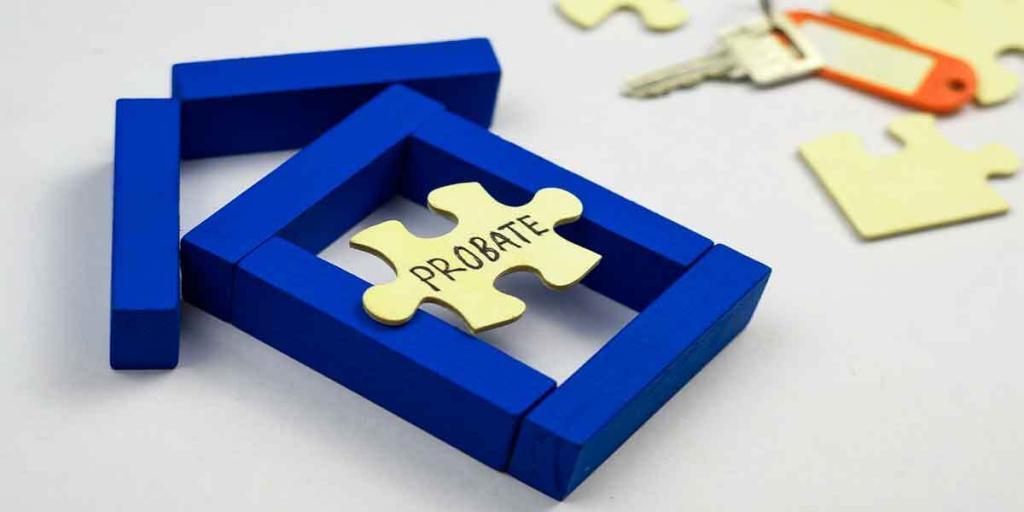When a person dies in New York leaving property owned in their name, then a legal process known as probate must be done in a probate court (Surrogate’s Court) in the county where the deceased lived and owned property. This legal process must be carried out before the estate of the deceased can be disposed.
NY probate
The probate process of New York is often complicated and costly. How costly and complicated probate will be is most often determined by the value and mode of ownership of the property being probated. If the decedent left a will instructing how the properties will be disposed, then this will must first be admitted into the Surrogate’s court by the executor of the will. The will is then checked by the court to see if it was written in accordance with New York specifications. If it is, then the executor is then authorized to proceed with the next aspects of probates. Executors have several responsibilities to the estate, and all these responsibilities must be carried out carefully and effectively. If you are an executor looking forward to probating a will in a New York county with zip code 10035, then it is in your best interest to hire a probate attorney 10035 as they are known for providing excellent assistance during probate.
What you need to do as an executor of a will
If you have found out that a relative or friend named you an executor, then you may be worried about what exactly are your responsibilities during probate. Firstly as an executor, you have to admit the will into court. When the will has been accepted by the court as valid, then you will be given documents known as “Letters Testamentary.” These documents give you the authority to carry out the following actions:
- You must identify and collect all the assets owned by the deceased
- You then have to estimate the value of each asset. This is known as estate appraisal, and must be done professionally. You may need to hire a financial accountant or your probate attorney can help you with this.
- Then, you have to open a bank account with funds from the estate. All your fiduciary expenses will be funded from this account.
- Proceed to payment of funeral expenses, estate debts, bills and taxes.
- After all expenses have been settled, you must then submit your accounting records to the court. When accepted as transparent and legitimate, you can then proceed to disburse estate funds and property to the beneficiaries as the will states.
Note that as an executor, the best interests of the loved ones of the deceased and the estate must come before yours. You have fiduciary duties to them and you will be held accountable when there is any wrongful act on your part.
Why you need the probate attorney 10035
There are many instances in which you’ll find the assistance of the probate attorney indispensable:
- Filing the petition
After submitting the will to the court and notifying the public about it, somebody — probably a loved one or relative of the deceased — may challenge your position as the executor. You then need legal backing to stand your ground if you desire to continue as the executor. The probate attorney will give you legal representation in court. If there is no will naming you as an executor and you wish to act as one, the probate attorney will also help you file a petition to the court to grant your wish.
- Assisting you with your responsibilities
The crown of an executor comes with tasking responsibilities. When you fail to meet up to expectations, you may be taken to court by the family of the deceased, and then sanctioned or fined. To avoid this, it is important you are familiar with your duties and know what to do. The probate attorney will not just advise you on what to do, but will take the load off your shoulders. He’ll help in filing documents, giving you legal representation, and ensure that your rights are upheld.
- Settling family disputes
Family members who feel displeased with the will may issue a “will contest” to the court. A will contest causes tension in the family, incur costs and prolongs probate. But when there is a probate attorney working with you, the probate attorney can help resolve issues within the family before they get out of hand.
- The probate attorney is conversant with probate laws
Probate is a legal affair that requires legal hands. I addition to that, probate varies from place to place and it is only a probate attorney in your county that will perfectly understand the probate process of your county. So if you live in a New York county with zip code 10035 and asking, “where do I find a probate attorney near me 10035?” simply put a call through today. The probate attorney 10035 is ready to receive your call and give you legal representation.









